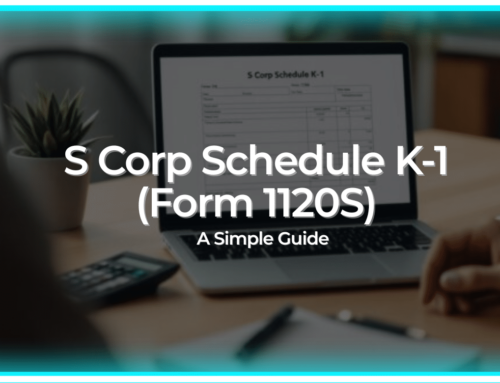Hey! I’m Sarah, the Tax Associate here at Bette Hochberger, CPA, CGMA. I am also a Finance Coach, so for today’s blog, I will be discussing side hustles and taxes.
In today’s economy, many are turning to side hustles to diversify income streams and pursue passions. As a Tax Associate at a reputable CPA firm and a Finance Coach in my own time, I’ve seen firsthand the joy and challenges side hustles can bring. One area that often catches side hustlers off guard is taxes. So, here’s a breakdown of what you need to know.
Recognize Your Side Hustle as a Business
First and foremost, the IRS sees your side gig as a business, especially if you’re consistently earning money. This means you need to report your side hustle income, and you may be able to deduct business expenses.
Determine Your Business Structure
Are you a sole proprietor, or have you established an LLC? Your business structure will dictate your tax obligations. Most side hustlers start as sole proprietors, which simplifies tax filings but offers less legal protection.
Keep Thorough Records
Good record-keeping is a side hustler’s best friend. Track every penny you earn and spend. Not only will this make tax time easier, but it will also provide a clear picture of your side gig’s profitability!
Understand Self-Employment Taxes
Unlike a traditional job where your employer pays half of your Social Security and Medicare taxes, as a side hustler, you’re responsible for the full amount. However, you can deduct the employer-equivalent portion when calculating your adjusted gross income.
Consider Quarterly Estimated Taxes
If your side gig is turning a decent profit, you might need to pay quarterly estimated taxes. This prevents underpayment penalties when tax season rolls around.
Deductions Can Be Your Ally
A perk of side hustling is the potential to deduct business expenses. From home office costs to necessary supplies, there are numerous deductions available. However, make sure that these are legitimate business expenses to avoid issues with the IRS.
Stay Updated on Tax Law Changes
Tax laws can change annually. It’s important to stay informed or work with a professional who can guide you. This ensures you’re compliant and not missing out on potential tax benefits.
Seek Professional Guidance
While DIY tax software is tempting, the nuances of side gig tax can be complex. Consider consulting with a CPA, especially during your side hustle’s early days. They can offer advice tailored to your unique situation.
A side hustle can be both fulfilling and financially rewarding. However, it comes with tax implications that shouldn’t be overlooked. By being proactive and informed, you can ensure your side hustle remains compliant with tax laws and continues to thrive.
I hope you enjoyed today’s blog. I’ll see you all again soon!







